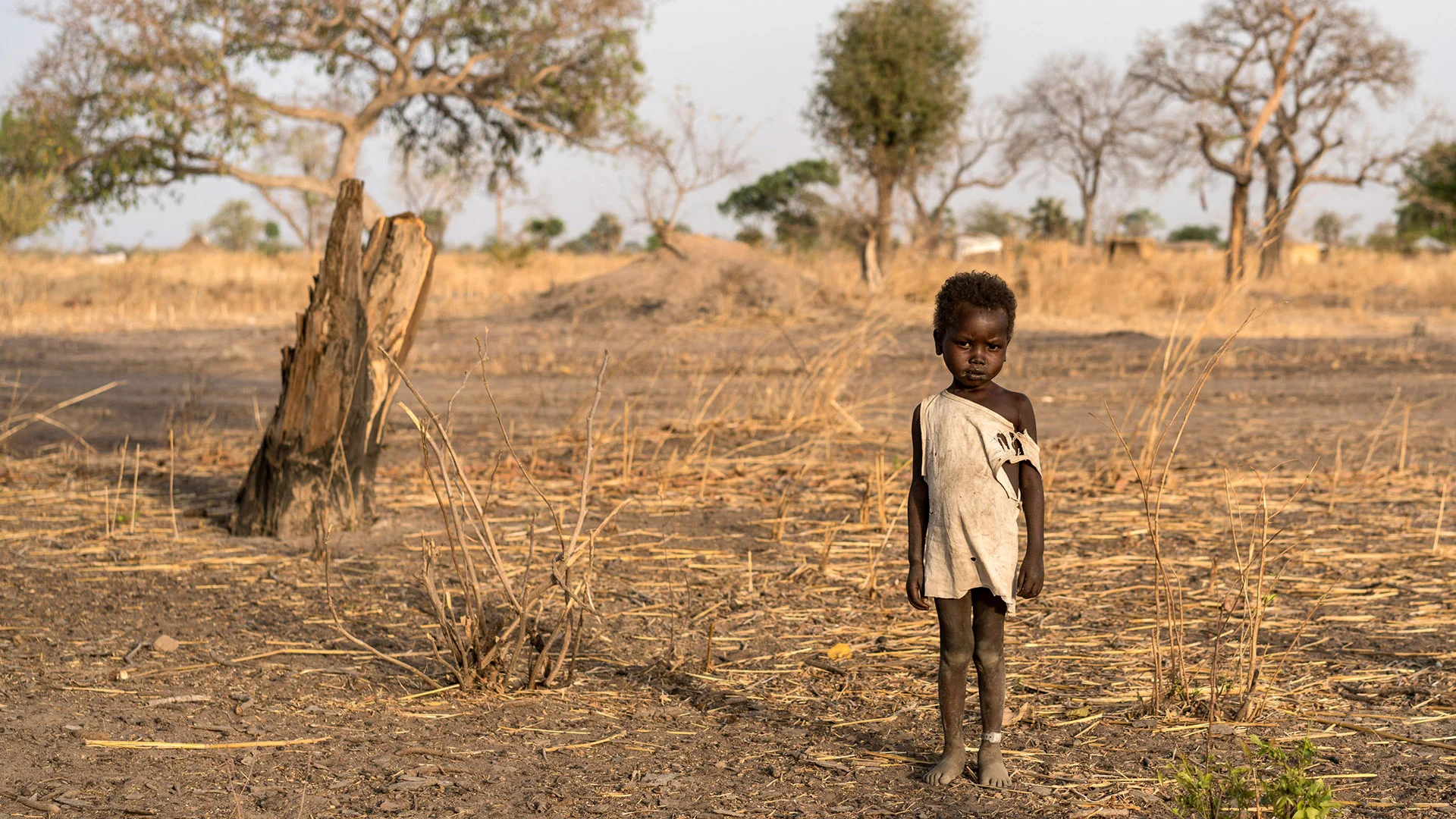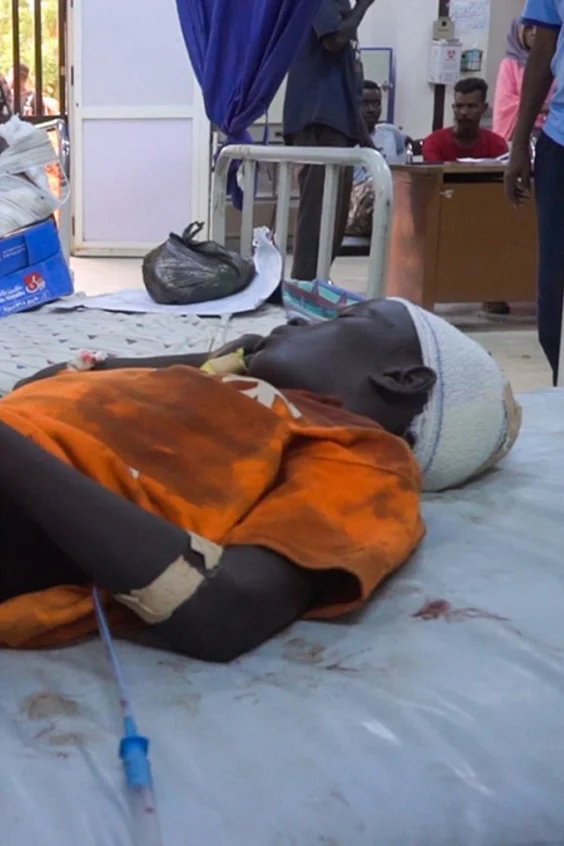More than one million children have now been displaced by two months of conflict in Sudan. Across Sudan, UNICEF has received credible reports that over 330 children have been killed, and over 1,900 have been injured, as of 6 June and many more are at grave risk.
Access is constrained for the most basic lifesaving services, leaving over 13 million children in dire need of humanitarian assistance – water, health, nutrition and protection.
“The future of Sudan is at stake, and we cannot accept the continued loss and suffering of its children,” said Mandeep O’Brien, UNICEF Representative in Sudan. “Children are trapped in an unrelenting nightmare, bearing the heaviest burden of a violent crisis they had no hand in creating - caught in the crossfire, injured, abused, displaced and subjected to disease and malnutrition. UNICEF is ready to support together with our partners, but we need safe, unrestricted access and guaranteed security to all areas where children are in desperate need.”
The situation in Darfur is especially concerning. A continuing communication blackout and access constraints mean verified information on the situation is limited, but an estimated 5.6 million children live in the five Darfur states, with almost 270,000 of them estimated to have been newly displaced by the fighting so far.
The situation in West and Central Darfur, in particular, is characterized by active fighting, severe insecurity and looting of humanitarian supplies and facilities. The lack of safe water has left hundreds of thousands of children at risk of dehydration, diarrhoea, and malnutrition. Right now, at least 14,836 children under-five are expected to be severely malnourished in West Darfur state. These numbers are expected to be compounded by overall health risks, forcing a spike in malnutrition rates among children and lactating mothers. In Central Darfur, the immunization services and cold chain is not functional. Vaccines and supplies were looted and destroyed, placing children at significant risk of disease.
In East Darfur, insufficient healthcare resources, including a lack of electricity, oxygen, and functioning incubators, have led to the deaths of six children in El Daein Hospital during the month of May.
UNICEF calls on all parties involved in the conflict to prioritize the safety and well-being of children, ensure their protection, and enable unimpeded humanitarian access to affected areas. Lifesaving humanitarian support must be provided without delay to protect and safeguard the rights of these vulnerable children.
UNICEF is on the ground in 14 states, including all Darfur states, maintaining lifesaving services in conflict hotspots albeit with significant access constraints, providing urgent assistance to the newly displaced and host communities, and preserving essential services wherever security allows.
UNICEF is calling for US$838 million to address the crisis, an increase of USD 253 million since the current conflict began in April 2023. Without immediate funding commitments, the ongoing response across Sudan, including in the Darfurs, will not be able to continue and scale up to meet the urgent lifesaving needs.






